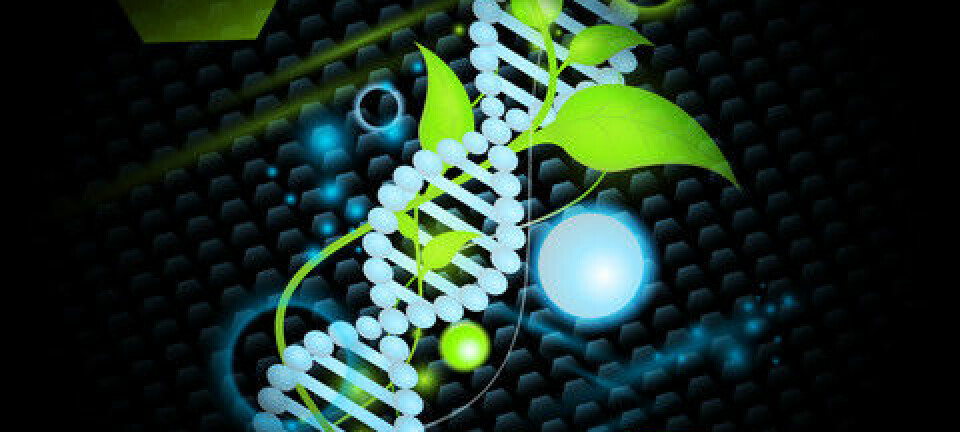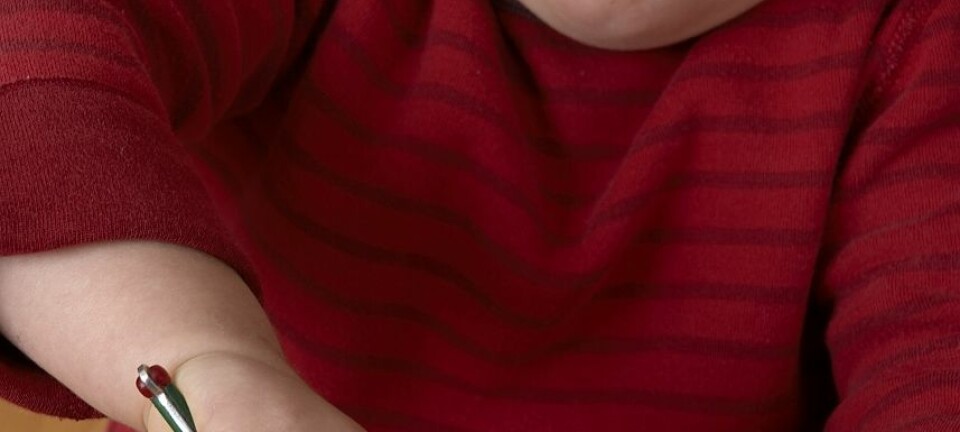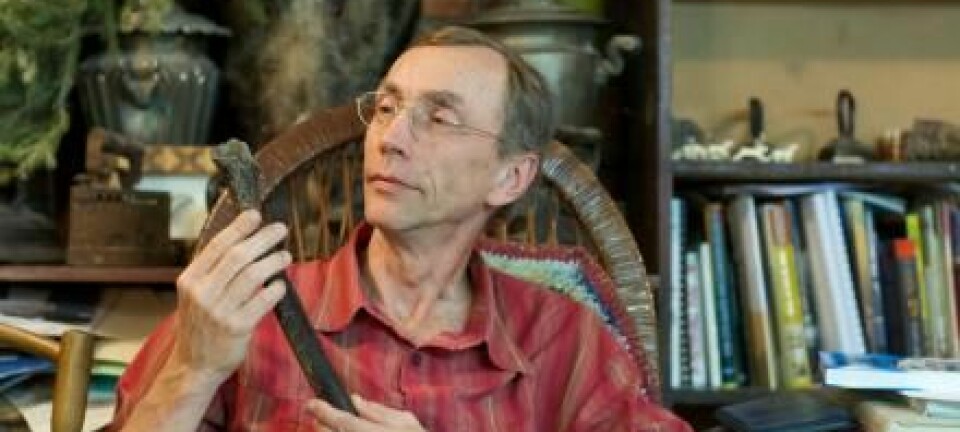
Our bodies are riddled with useless genes
New study finds abundance of "junk" genes in the human genome.
Even though you are fit and healthy you probably have a whole lot of genes in your genome that don't work.
A new study that mapped the genomes of 30 Danes reveals that we all have -- on average -- about 100 genes in our genome that serve no purpose at all.
"These genes should actually serve a purpose but no longer do because of changes in the DNA," explains Simon Rasmussen, associate professor at DTU, who co-authored the new study recently published in Nature Communications.
The scientists also found several hundred thousand new genetic variants in the human genome.
Study revealed abundance of genetic variations
Our genes are made up of four different building blocks all known as A, C, G, and T.
The scientists have discovered a total of 536,000 new genetic variants where one of the four building blocks has been replaced. These are known as nucleotide variants.
The advanced technology used by the scientists in the new study has also facilitated the discovery of another type of genetic alteration which are usually hard to find: genetic variations in which long strings of the genome's building blocks have been removed from or inserted into the gene.
"Ninety to 95 per cent of those [variations] we have found have never been seen before,” says Rasmussen. “Recognising new genetic variations is a huge help -- now we know they're there, and in future will be able to examine whether they are linked to any diseases.”
Defunct genes don’t affect health
It may seem scary that you are carrying genes that don’t serve any purpose, but Rasmussen explains that you can be healthy even if the genes don’t work.
"One reason people live fit and healthy lives is that they get the same gene from both their parents. So if the one you got from your mother doesn't work, then perhaps the one from your father does. For some genes it's enough just to have one version," says Rasmussen.
Humans have an average of 24,000 genes in all, comprised of long strings of DNA.
Only about two per cent of the genome consists of coding strings -- which contain codes detailing the structure of the body's proteins -- and as such determine how our bodies will function.
A rare discovery
Cisca Wijmenga, professor of genetics at the University of Groningen applauds the new study for its high quality mapping of the genome.
"Their technology has enabled them to find genetic variants we otherwise rarely find," says Wijmenga.
"The genetic variants in which pieces of DNA have been inserted or removed would normally be hard to find, and it is unusual to find so many," she says.
----------
Read the original story in Danish on Videnskab.dk
Translated by: Hugh Matthews











